PRODUCT OWNER
Missions, activities, skills, training
BECOMING A PRODUCT OWNER: RESPONSIBILITIES, SKILLS AND ROLE
- A brief overview of the Product Owner’s role
The Product Owner is the digital project manager in an agile environment.
He/she develops the product’s vision, seeking to maximize its added value.
Working with the development team, he defines priorities and optimizes the product throughout its development. He/she ensures that the needs of internal and external customers are met.
He contributes to the efficiency and agility of the technical team as a whole, by guiding the development, planning and budgeting process, and seeking solutions and improvements.
He also contributes to the deployment of product strategy.
Key responsibilities of the Product Owner
The Product Owner’s key responsibilities include:
- Analyze and identify the functional and technical needs of customers or users (budget, deadline, technical feasibility)
- Manage/coordinate project players to bring projects to fruition on time and on budget
- Define the product vision and establish a short- and long-term strategic roadmap
- Lead business workshops to gather and formalize functional requirements
- Participate in, build and/or prioritize product and requirements backlogs
- Formulate detailed user stories
- Lead meetings such as sprint plannings, daily meetings, reviews and reporting to ensure continuous delivery of high-quality functionalities.
- Coordinate and lead user testing activities, tracking bugs from identification to resolution
- Collaborate with sales and marketing teams to create product strategies, monitor KPIs
- Ensure that delivered functionalities correspond to expectations and specifications.
Guarantee product delivery within an Agile framework
Product Owner core competencies
- analyze customer needs
- define and prioritize functionalities
- communicate effectively with the development team
- understand project management methodologies (Agile, Scrum)
- plan production sprints
- effectively manage the budget and specifics of each project
- strategic product vision and market knowledge
- be adaptable and responsive to change
- anticipate
- collaborate effectively with stakeholders
- master negotiation and customer relations
- good knowledge of marketing and management techniques
- federate development teams around a common product vision
- take risks and assume responsibility
- keep abreast of the latest developments
Qualities required
The Product Owner job requires :
- good written and oral communication skills
- excellent analytical skills
- good adaptability
- persuasiveness and tenacity
- an interest in technical subjects
- good management of time, priorities and stress
- excellent team spirit
Agile processes and Product Ownership
- A brief overview of the Product Owner’s role
Agile methodology enables flexible, adaptable and collaborative project management.
The Product Owner is at the heart of the agile process, ensuring that the product evolves iteratively, responding rapidly to changing needs and maximizing the value delivered in each iteration.
- Sprint planning and development cycles
The Product Owner participates in sprint planning, the sprint being a defined unit of time during which the development team works on a given set of features or tasks (features to be developed, bug fixes, other specific tasks, etc.).
Collaboration with development teams
- Relationships with developers and the Scrum Master
- Close collaboration between the Product Owner and the development teams is crucial to the success of the project
- Proximity fosters open communication and encourages mutual understanding of project objectives
- Effective coordination with the Scrum team is also essential. The Scrum Master acts as a facilitator of the agile process, ensuring that the team follows Scrum principles, so as to guarantee continuous alignment between the product vision and the reality of the development process
- Resolving obstacles and problems during development
- Effective responsiveness to obstacles and problems arising during the development process is part of the Product Owner’s job
- Together with developers and the scrum master, they find effective solutions and adapt to changes to ensure that objectives are met.


How to become a Product Owner
Post-high school diploma studies
To become a Product Owner, it is advisable to follow a training course that enables you to master :
- product development
- Agile project management
- marketing and communication techniques
- data analysis
What's the best school for becoming a Product Owner?
ISART puts its 23 years of experience, pedagogical excellence and network at the service of its students:
- Projects and case studies on real video game productions
- Complex projects in multidisciplinary teams (up to 20 students)
- Agile development
- International presence
- Strong interactions with the industry & support from partners (Ubisoft, Vodoo, Kylotonn, DON’T NOD)
- Support for graduates in setting up their own businesses
- Université Côte d’Azur partnership and support from the Nice metropolitan area
- A school on a human scale, close to its students
Product Owner's course
In parternship with Excelia business School, ISART offers courses dedicated to the many business professions (marketing, management, data, etc.) specialized in video games, with it’s Creative Strategy Management ‘s program.
It is also possible to directly enroll in the Master 2 (1-year training).
Which diploma?
On successful completion of the Creative Strategy Management Master’s, ISART and Excelia Business School award a double degree: the RNCP level 7 title “Manager in Creative Strategy / Producer by ISART & Master Grande École by Excelia Business School.
Perspectives
Career development
The Product Owner profession offers a number of career prospects, such as :
- Product Manager
- Chief Product Officer
- Head of Product
- Scrum Master
Which companies are recruiting Product Owners?
Product Owners usually work in start-ups or SMEs.
Other jobs that might interest you
Other jobs in video games, data and publishing could be of interest to you:
The Data Project Manager coordinates and plans the management of complex projects based on the creation of added value from databases.
The Data Analyst studies large databases in order to extract information to help decision-making.
The User Acquisition Manager is in charge of generating traffic to an application, game or website, while ensuring that the operation is profitable.
The Brand Manager develops, implements and monitors the marketing strategy for one or more video games / or a brand’s innovative product throughout the entire life cycle of the game / product, from the design phase to the end of its commercialization.
In the video game industry, the Publishing Manager coordinates the strategy for publishing and distributing a video game to consumers.
He or she oversees all stages of publishing, from the development phase through to publication of the game, in compliance with the studio’s quality standards and expectations.
The Marketing Director draws up the marketing strategy to increase brand awareness and improve the promotion of the company’s products/services.
He/she plans, implements and supervises all the company’s marketing actions.



